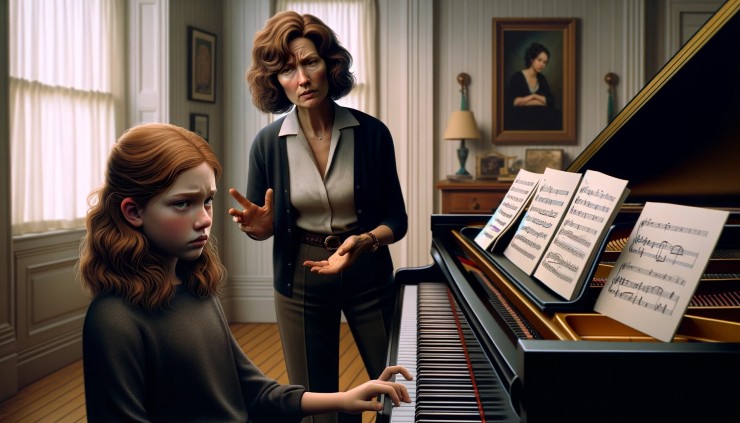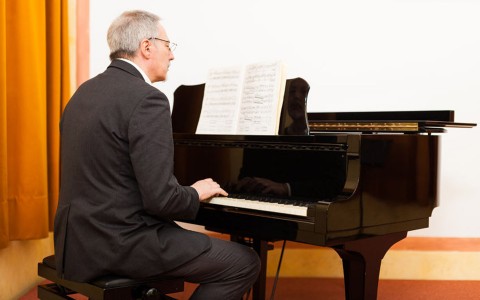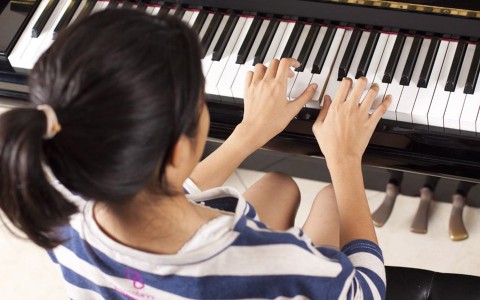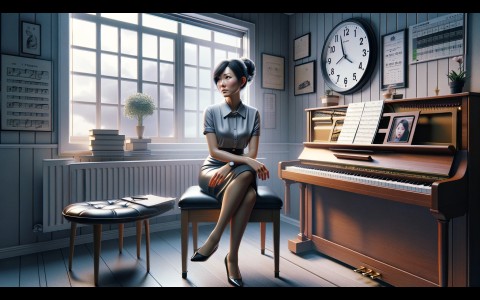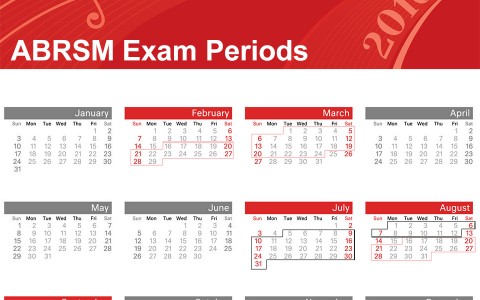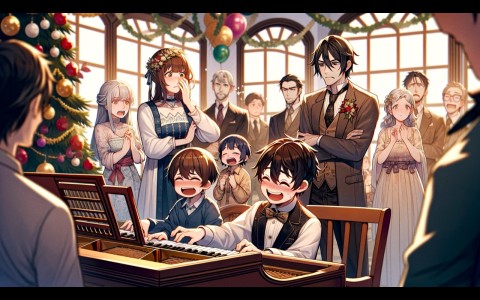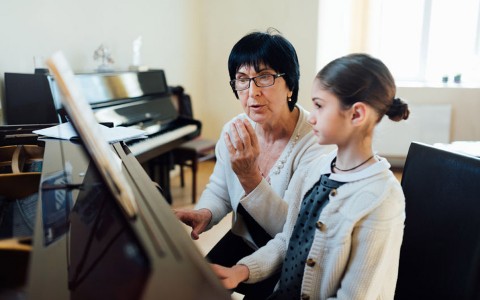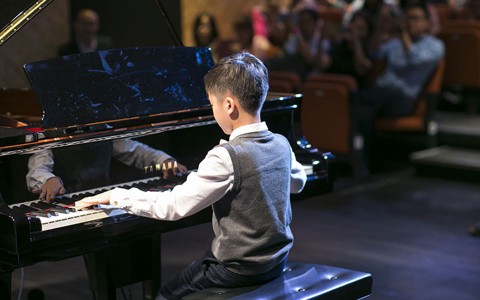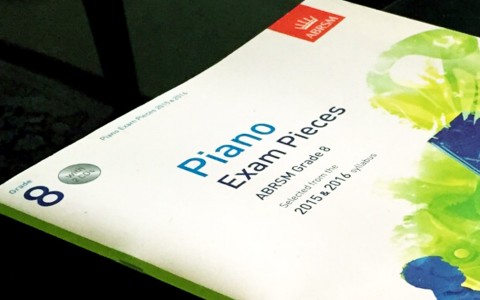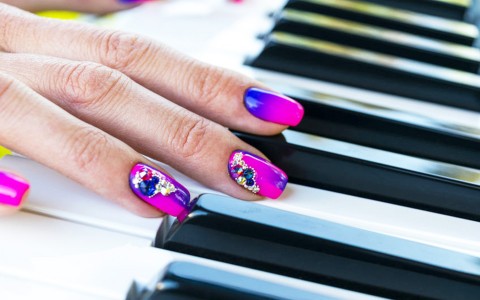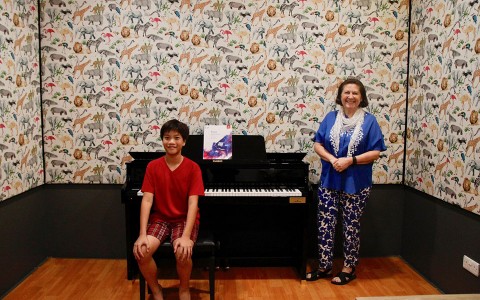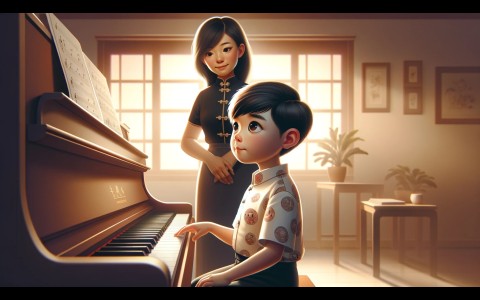As I sit down to write this latest entry in my blog, I find myself reflecting on the changing tides of piano education. I'm Mia, a piano teacher who has weathered the ups and downs of teaching for years, but recently, the challenges seem to be taking a new form.
In the golden days of my teaching career, I could be strict. There was an unspoken understanding that to excel in music, one must embrace discipline and dedication. However, the landscape of my piano studio has changed dramatically. Today's students, or as they're often called, the 'strawberry generation', are a stark contrast. They seem unyielding, resistant to the traditional rigors of learning an instrument.
Take Chloe, for instance. She’s one of my students and a perfect embodiment of this new challenge. Piano lessons, as many know, follow a progression. As a student advances, I introduce more complex pieces to foster new skills and expose them to diverse playing styles. This method has worked wonders for decades. But with Chloe, and many others like her, there's a palpable resistance to this progression.
Recently, I introduced Chloe to a book of Sonatinas, a common step for students ready to transition to the next level. This move, however, was met with reluctance. Chloe wasn’t keen on practicing the new pieces, an attitude I’ve increasingly encountered. To add to the complexity, Chloe’s parents are protective of her interest in piano, fearing that a push might extinguish her passion.
This puts me in a dilemma. On one hand, Chloe can’t continue playing simpler pieces if she wishes to progress. On the other, her refusal to embrace new challenges, compounded by her mother’s insistence on preserving her interest, creates a roadblock. Ironically, her mother also expresses a desire for Chloe to advance in her piano journey.
This paradox is not lost on me. It reflects a broader issue in piano education today. Students are no longer just students; they are customers. The shift in dynamic is profound – it's no longer about pushing boundaries and achieving excellence through hard work. Instead, it's about keeping them happy, ensuring they feel like the center of the universe, with little emphasis on the traditional values of perseverance and hard work.
The environment in which these children are raised does not prepare them for the rigors of learning an instrument. There’s a lack of willingness to be disciplined, and an absence of the understanding that sometimes, achieving greatness requires being pushed beyond one’s comfort zone.
This shift in perspective and teaching approach has left me feeling frustrated. I see the potential in these young minds, the unexplored talents waiting to be nurtured. Yet, the coddling, the fear of pushing them too hard, is creating a generation of musicians who might never realize their full potential.
As I ponder over these challenges, I can’t help but feel a sense of loss – for the art, for the discipline, and for what learning an instrument used to represent. The question that haunts me as I close this entry is: how do we find a balance? How do we nurture passion without compromising on the values that underpin musical excellence?
It's a question I carry with me as I continue on this journey, a journey filled with both the joy of teaching and the disquiet of navigating these new challenges.
Disclaimer:
This is a contributed article and ThePiano.SG publishes the story as-is. This article is not endorsed by ThePiano.SG and does not in any way represent ThePiano.SG's view. The contributor bears all responsibilities that may arise from the publication of this story. Names have been changed to protect the people’s identities and privacy.
We welcome parents, piano students and piano teachers to contribute stories and share their experiences with us. Please send your stories to yongmeng@thepiano.sg.
